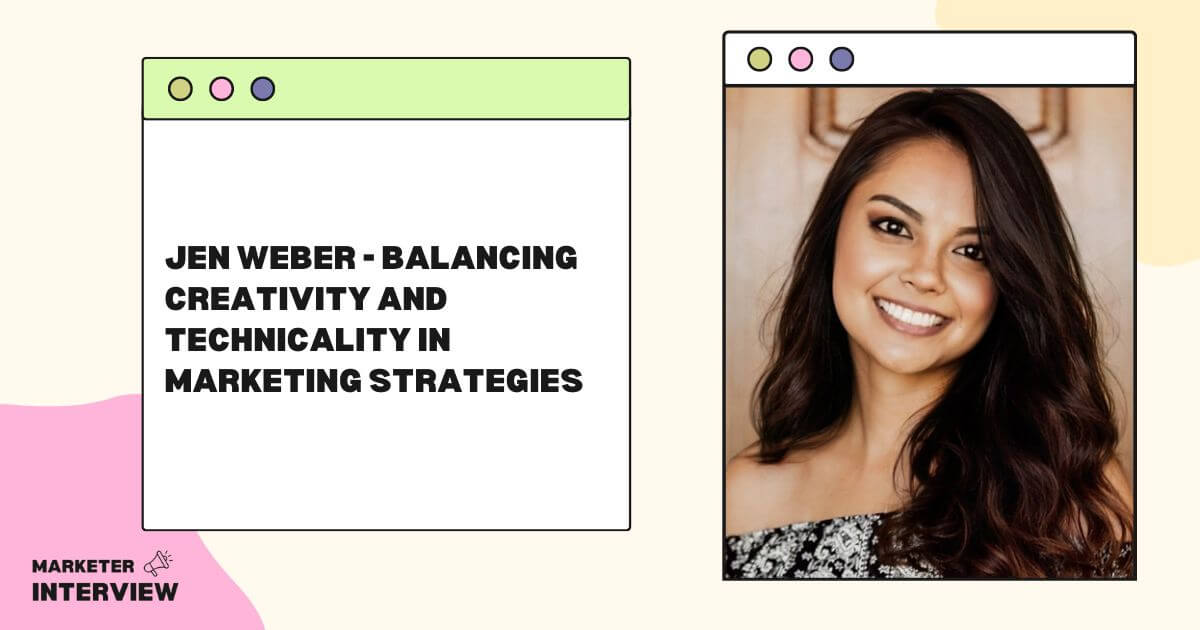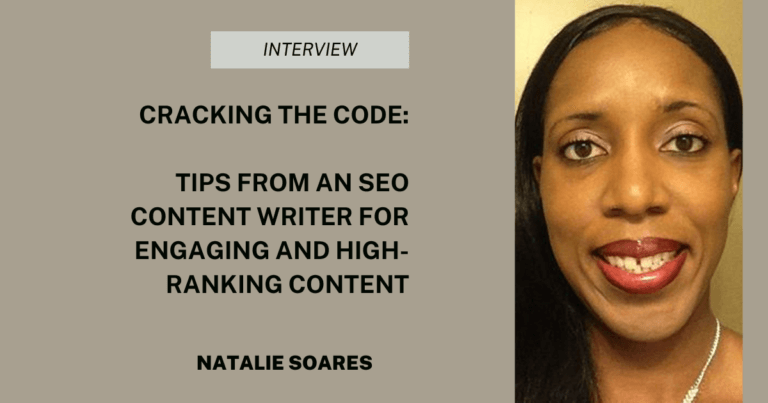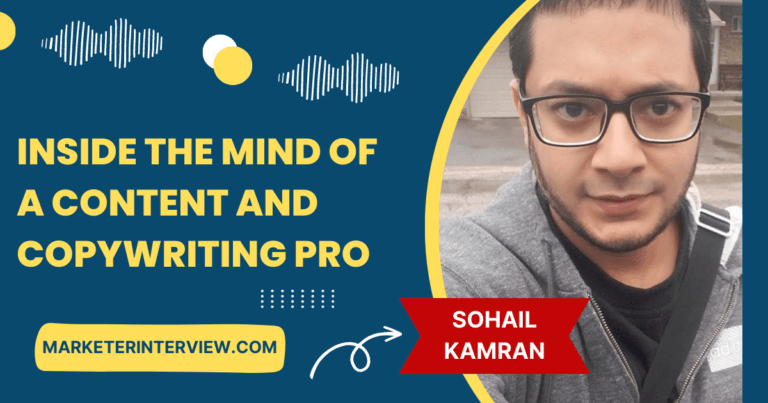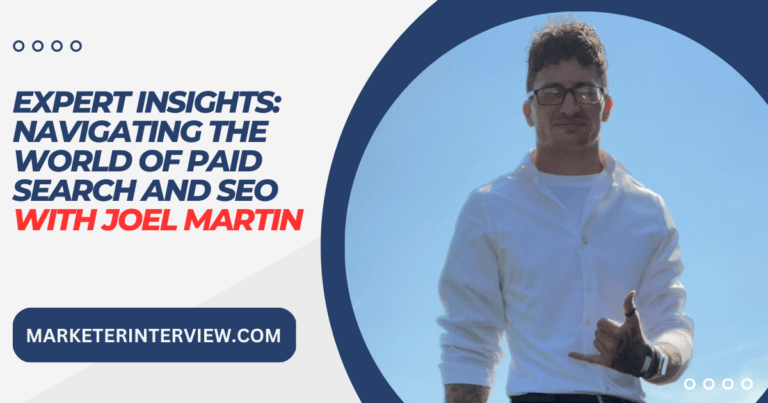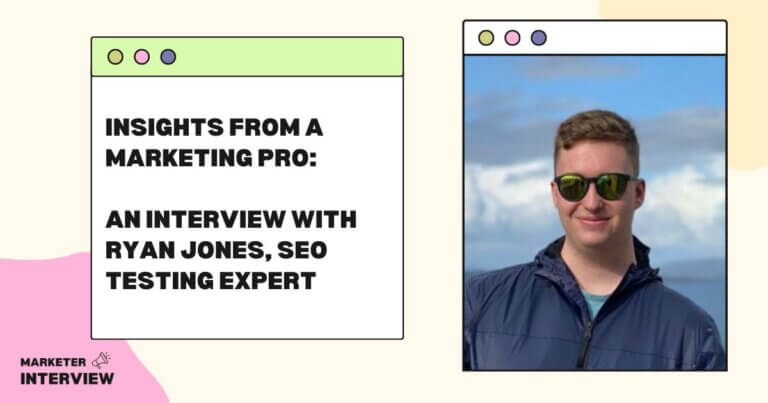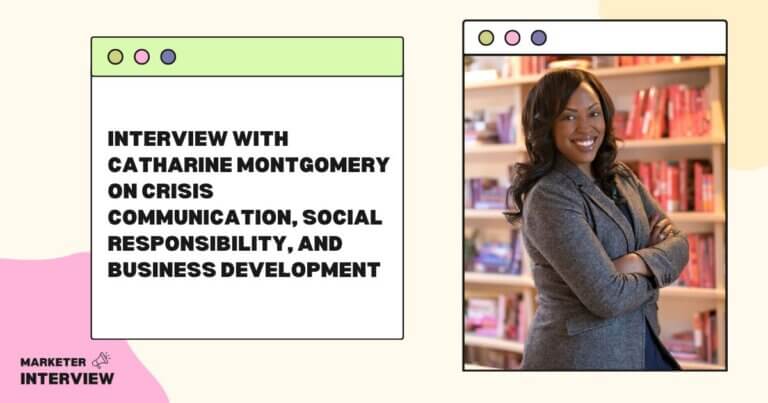Jen Weber – Balancing Creativity and Technicality in Marketing Strategies
In this interview, we speak with Jen Weber, the Director of Digital Marketing for Bright Funds and WizeHive, to discuss her marketing journey.
From designing web pages at 11 to her current role, Jen shares her insights on essential skills for digital marketers, strategies for managing freelancers and developing content strategies.
She also talks about some of the biggest challenges facing marketers today and how to address them.
Join us as we dive into digital marketing with Jen Weber.
Contents
- 1 How did you first get interested in marketing, and what led you to pursue it as a career?
- 2 What are the most critical skills for a successful digital marketer?
- 3 Could you describe your experience working with freelancers and agencies?
- 4 How do you approach developing a content strategy for your clients, and what role does SEO play?
- 5 Could you talk about a particularly challenging project you’ve worked on?
- 6 How do you stay up-to-date with the latest developments and trends in digital marketing?
- 7 What are some of the biggest challenges facing marketers today?
- 8 What advice would you give to someone just starting in digital marketing?
- 9 Could you talk about some of the tools and software you use?
- 10 What do you see as the future of digital marketing?
How did you first get interested in marketing, and what led you to pursue it as a career?
Around 11, I learned HTML and CSS through Neopets, a browser-based game. After that, I loved designing web pages and flexing my creativity.
If only I had known then that balancing my love for both the technical and the creative is an excellent fit for marketing!
My professional journey in marketing started after college when I joined a marketing agency as an Executive Assistant. After that, I worked my way up to becoming the SEO and Analytics director; the rest is history.
Today, I’m the Director of Digital Marketing for Bright Funds and WizeHive (Bright Funds’ parent company).
What are the most critical skills for a successful digital marketer?
Of course, you don’t have to be good at every marketing channel. Some companies look for a “digital marketing unicorn” who can strategize, build, and execute every marketing channel when it’s nearly impossible for one person to take that on.
I think it’s more important to choose a few areas to focus on and get great at. For example, from the beginning, I enjoyed SEO and how it intertwined with content. So I buried myself in keyword research strategies, content playbooks, and how to write in a way that provides valuable content for readers while still being able to rank organically.
I’d also add that experimentation and calculated risk-taking are necessary. If there’s one thing constant in digital marketing, it’s change. So take some risks, use data to measure your results, and iterate.
Could you describe your experience working with freelancers and agencies?
After working in agencies for 8 years before going in-house, I understand both the client and agency sides (along with the frustrations both parties can have).
What’s been most effective is having a clearly defined scope of work and managing expectations. Too often, I’ve seen agency consultants overpromise and underdeliver.
Gaining a client’s trust is so important early on, and if you don’t get started on the right foot, it’s harder to get buy-in on your strategies.
For those managing freelancers, a project management system is critical. I use an Asana board for freelancers, and it lets me track progress on all tasks without needing extra meetings or emails.
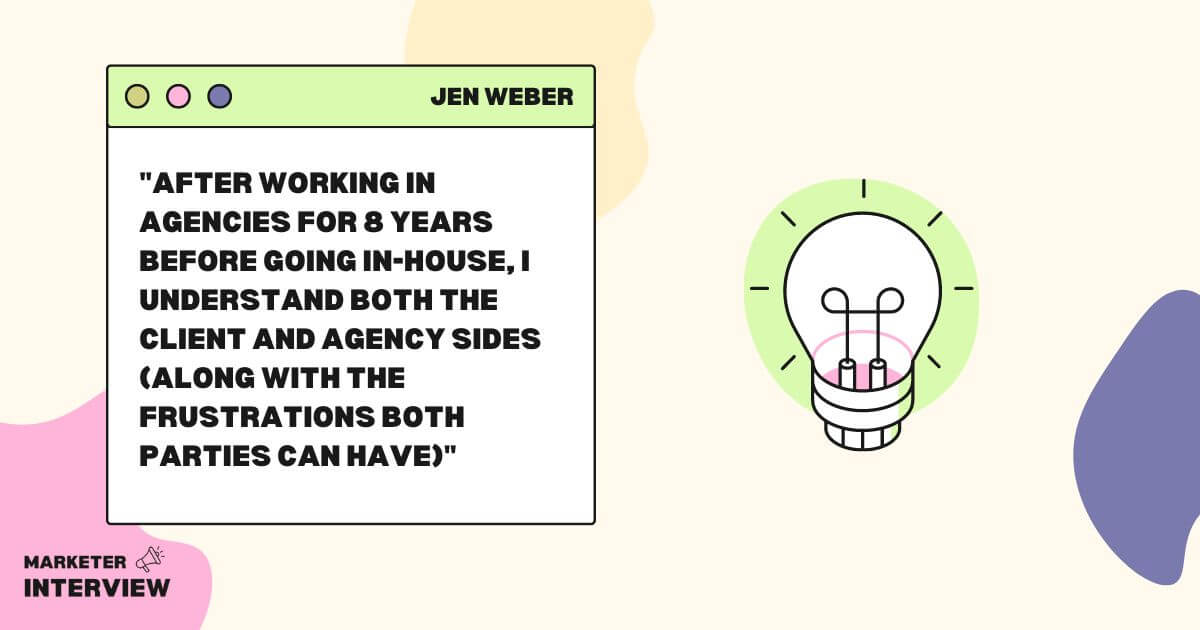
How do you approach developing a content strategy for your clients, and what role does SEO play?
I like to start by getting to know everything about their business: from their product, audience, and competitors.
Then, I’ll run a full content audit of the website along with audits of their competitors’ websites. Finally, I’ll look for top-performing content gaps and how they’re positioned compared to competitors and build a strategy from there.
About SEO, I like to look at content pieces that have earned backlinks for inspiration. I also look at the types of content that rank for specific keywords. Then, each topic gets a detailed content brief and ways to make the content better than what’s already been published.
Could you talk about a particularly challenging project you’ve worked on?
I had a past client who wanted to rank for a highly technical term (think data storage… but even more technical). They were trying to use a product page with commercial intent. That wasn’t going to cut it.
All of the pages ranking within SERPs were informational. These were lengthy definition pages devoid of trying to push products to visitors.
It took multiple discussions, detailed explanations of our optimization recommendations, and multiple data points to prove that they would need to build an entirely new page if they even wanted a chance to show up.
I’m happy to say that they are still ranking in the top spot, and their team has only continued to improve the new informational page!
How do you stay up-to-date with the latest developments and trends in digital marketing?
- Brendan Hufford’s Slack community, All In. It’s for marketers, and he vets every single application. As a result, the quality of feedback from other marketers is top-notch (and completely free).
- SparkToro office hours – Rand and Amanda cover great topics every month.
- Aleyda Solís’ SEOFOMO newsletter – is a must for anyone in SEO!
- Podcasts like Everybody Hates Marketers – I save these for cleaning or doing chores around the house.
What are some of the biggest challenges facing marketers today?
One challenge is the need for more sales and marketing alignment. Fortunately, within our company, both departments work closely together, and I’ve seen the good that comes out of that.
Marketing shares the campaigns in progress, and Sales shares trends and feedback from prospects. Rather than blaming each other for the lack of leads or deals closed, we’re incentivized to hit our targets together.
Another challenge is putting all your eggs in one basket. Even with high-performing PPC campaigns, you’re at the mercy of the platform, and if it’s ever turned off, leads stop flowing. Especially if you’re just starting, you don’t need to use every marketing channel.
But it is crucial to find a healthy balance. So I like to start with creating content on your website (it’s the one place online that you own entirely!), find ways to distribute and repurpose it, and go from there.
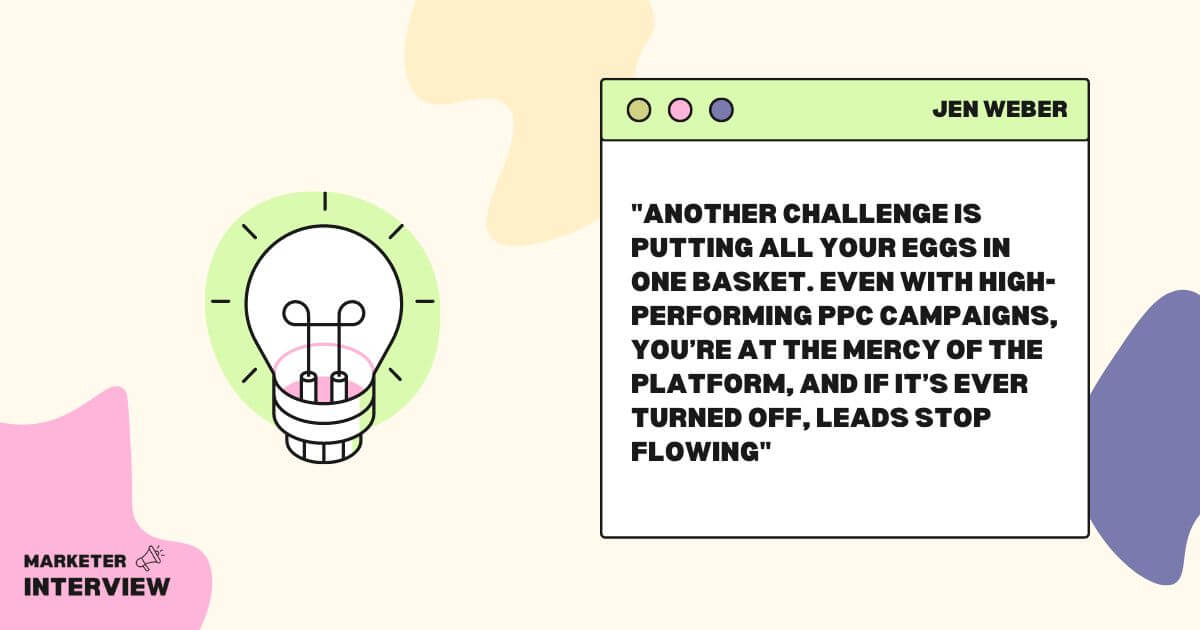
What advice would you give to someone just starting in digital marketing?
While agency life is no longer for me, it was a great starting point.
If you want to learn, and learn quickly, join an agency. You learn from other marketers, expand your portfolio quickly, and work with many clients. See if you like a particular industry, want to specialize in a specific marketing channel, and/or want to go into management.
As for mistakes, the biggest one is being too reliant on getting more tools. Instead, you need to sit down and set a strategy. Think about your goals and problems you’re trying to solve, plan to solve them, and how a tool will help you. Rather than seeing a shiny, new tool and purchasing it with the assumption that it will automatically bring in new leads.
Could you talk about some of the tools and software you use?
As I said in my previous answer, some tools are necessary (and make life easier!)
For data and research, I use Google Analytics, Search Console, Hubspot, and Semrush.
For project management, I use Asana. For an internal wiki and noting down our SOPs, I use Notion.
What do you see as the future of digital marketing?
People have been spinning content with software for years – it’s not new. But when combined with AI and its improvements in such a short period, it’s hard to ignore the impact it will have on content production.
With the rise of AI, content will be produced faster, not just written content, but entire website pages, videos, graphics, stock photos, and more.
As marketers, I think part of our job is to learn how AI is being used, judge whether we can use it effectively for our own work, and make sure we’re still providing something unique and valuable to our customers and prospects.
